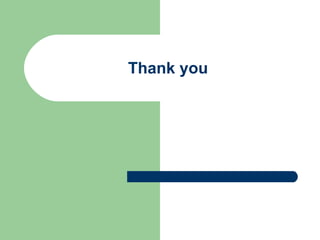Prince2
- 1. PRINCE 2 Project management method
- 2. About Prince 2 PRINCE2 has been adopted as standard by government, and its use is mandatory for most central and local government projects. This means that it is effectively non- proprietary in that you can buy the system (or a cheaper introduction) from the Stationery Office without a requirement to buy training or consultancy.
- 3. About Prince 2 The full PRINCE2 manual still costs hundreds of pounds and training is certainly advisable, but its availability and wide use by government mean that it is worth looking at. Indeed if you’re involved in a project with partners from the statutory sector you may find that the use of PRINCE2 is a requirement for the project.
- 4. Pros and cons PRINCE2 is a heavy-duty system and is used to run large projects. It is therefore comprehensive, but also verbose and bureaucratic. This makes it somewhat intimidating, but it still has some advantages: – It has reached version two, which means it is tried and tested and is internally consistent. – It is readily available. You can buy PRINCE2 materials from the Stationery Office and you don’t have to get tied into an expensive package of training and support. – It is widely used particularly in government bodies.
- 5. The disadvantages of PRINCE2 include the following: - It is not widely recognized: In the US and Canada PRINCE2 is nearly unheard of. In fact, PRINCE2 is only famous in the UK, and some countries in western Europe. - It is a hard methodology to adopt (according to many adopters) - It presents a large overheard, and thus cannot be applied in small projects.
- 6. Thank you





